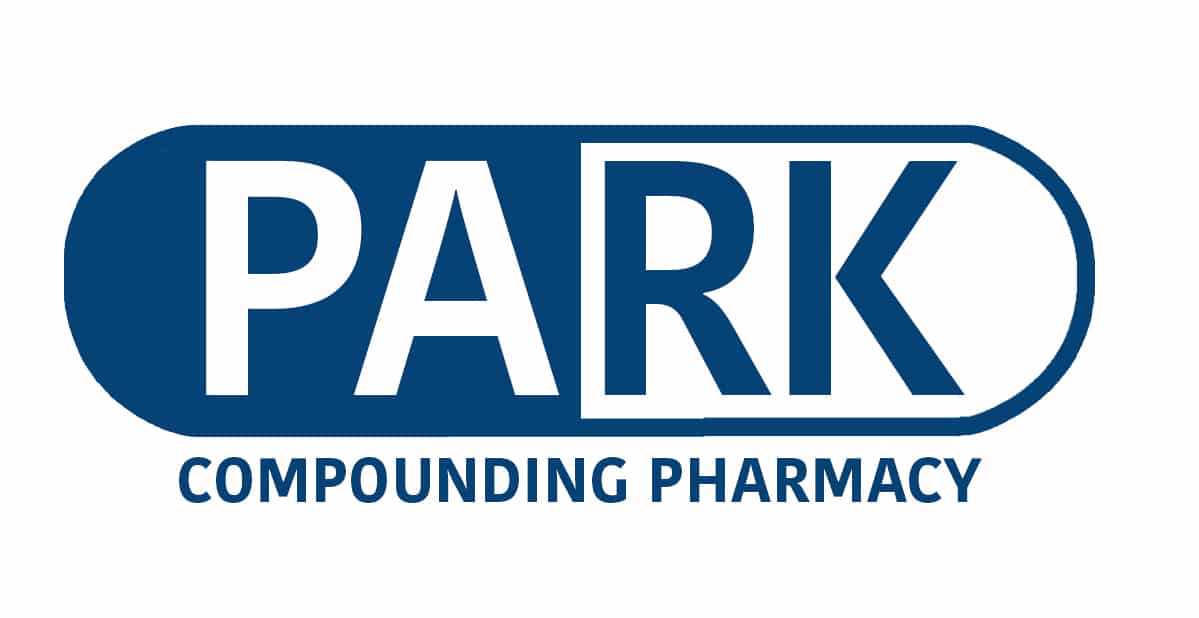The estimated prevalence of polycystic ovary syndrome (PCOS) ranges from 5 to 20% of women of reproductive age. It is a common condition that results in numerous symptoms that can decrease quality of life. Various drugs exist that are FDA approved and able to help women with PCOS manage their symptoms and improve fertility if they are trying to become pregnant. Naltrexone is one medication that is being studied as an off-label treatment for this condition.
PCOS
PCOS is a hormonal disorder that occurs in women of reproductive age. In this condition follicles may develop on the ovaries. These follicles prevent the regular release of eggs and result in decreased fertility. For women with PCOS, menstrual periods may be infrequent or extended. The condition is associated with increased androgen levels (male hormones) which can result in increased hair on the body and face and also acne. The exact cause of PCOS is not known, but it is associated with low grade inflammation throughout the body, excess insulin, and possibly a relation to genetic predisposition. Numerous side effects of PCOS include infertility, diabetes, metabolic syndromes, depression and anxiety, and more.
Clomiphene
Clomiphene is a drug commonly used to induce ovulation in women with PCOS. Many women have success with fertility treatments using clomiphene and it is a first-line PCOS treatment. About half of women who ovulate with clomiphene will get pregnant. This drug acts as an estrogen antagonist and helps in the recruitment of follicles. This medication is effective for many women however for about one out of every four patients it will not be effective. Certain alterations to the frequency of dosing clomiphene may enhance its effects for these women.
Letrozole
Letrozole is another treatment for women with PCOS that is frequently used in fertility treatment. Some studies show that letrozole is more effective than clomiphene while others show no difference in its effectiveness. This medication inhibits estrogen production by repressing the enzyme aromatase.
Naltrexone
Naltrexone is an opiate antagonist that blocks opioid receptors without activating them. It is important to note that naltrexone is not itself and opioid and does not have any of the effects of opioid drugs. Instead, naltrexone is FDA approved to help addicts reduce use of opioids.
In most studies, the full dosage of naltrexone (as opposed to low dose naltrexone) is being studied to manage PCOS. This 25mg to 50mg dosage is the FDA approved dosage. Opioids regulate many processes throughout the body. They can regulate glucose metabolism and insulin levels. Naltrexone may help regulate insulin levels and lead to decreased PCOS symptoms through its effect on weight loss.
In a randomized controlled trial, 30 clomiphene-resistant obese women with PCOS treated with naltrexone (50 mg/day) for 6 months showed significant reductions in BMI, fasting serum insulin and luteinizing hormone to follicle-stimulating hormone (LH/FSH) ratio. Fluctuations in weight have been noted as one of the primary causes of poor quality of life in women with PCOS as rated by patients. Naltrexone and bupropion is a combination medication used for weight loss that has been studied as one possible treatment for women with PCOS. Naltrexone improves the effectiveness of bupropion, which makes the combination more effective than either medication used alone.
A study has reported that in women with PCOS, the administration of 50mg of naltrexone daily for 6 months improves menstrual cycles, reduces ovarian hyperandrogenism, and decreases the LH response to GnRH. There are debates as to whether the benefits of naltrexone are related to its direct effects on pituitary functioning or related to its ability to enhance weight loss. Further clinical trials need to compare weight loss regimens with the effects of naltrexone to better determine its effectiveness for PCOS patients compared to other treatments.
Low dose naltrexone is the same drug ingredient but in a much lower dosage (about 1/10th of the typical dosage). It has not been studied as frequently as the higher dosage of naltrexone for treating PCOS however it has been shown to have benefits for numerous chronic conditions. The low dosage of naltrexone is being studied extensively because it has almost no side effects and is relatively inexpensive. Further research is needed to confirm if the lower dose of naltrexone has some benefit for alleviating PCOS symptoms.
Articles
Medical management of metabolic dysfunction in PCOS – Steroids
Effect of long-term naltrexone treatment on endocrine profile, clinical features, and insulin sensitivity in obese women with polycystic ovary syndrome – Fertility and Sterility
A review of therapeutic options for managing the metabolic aspects of polycystic ovary syndrome – Therapeutic Advances in Endocrinology and Metabolism







